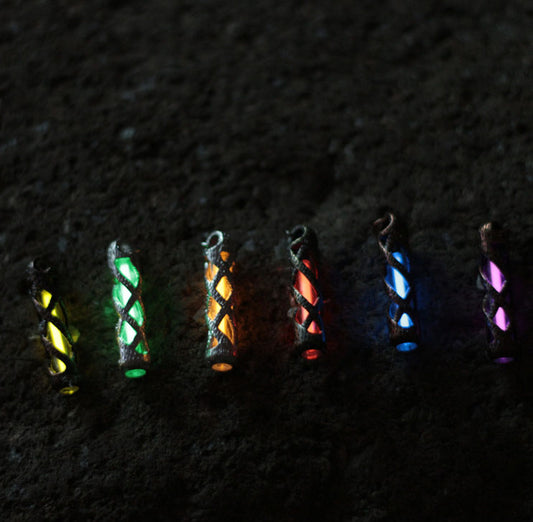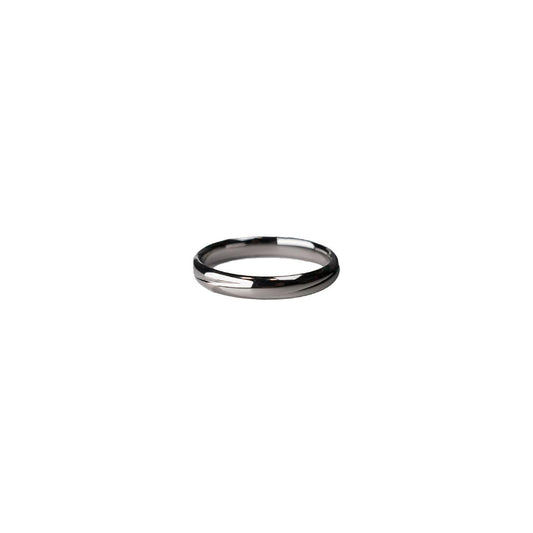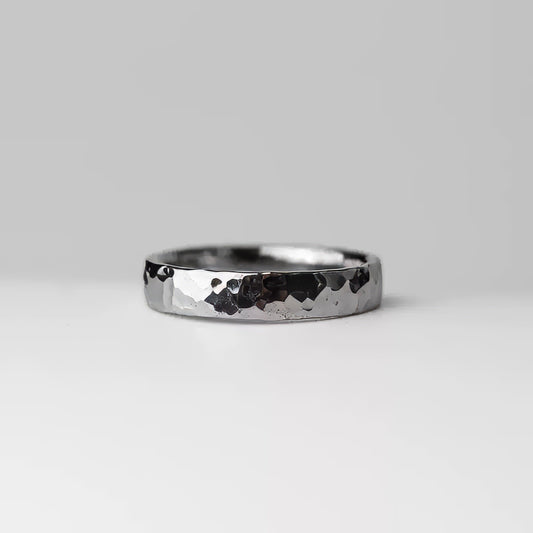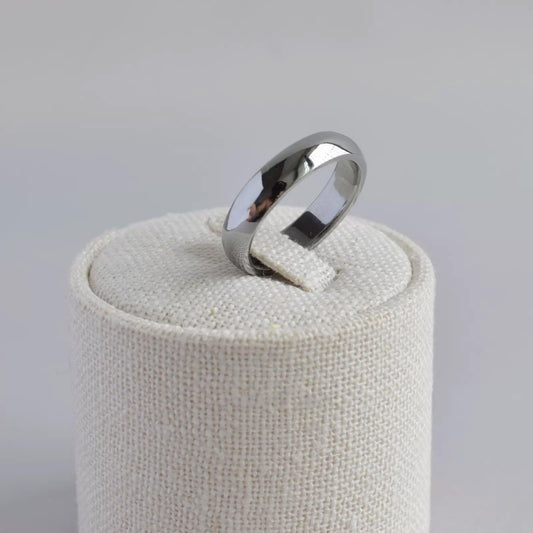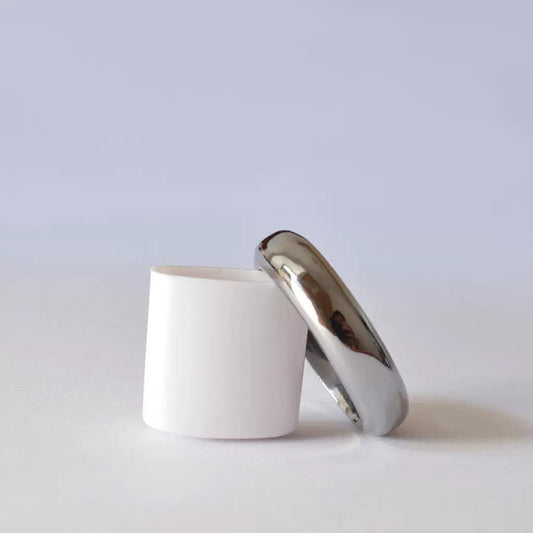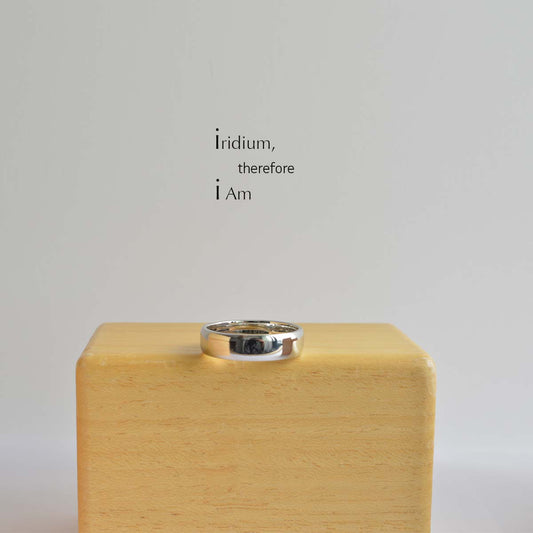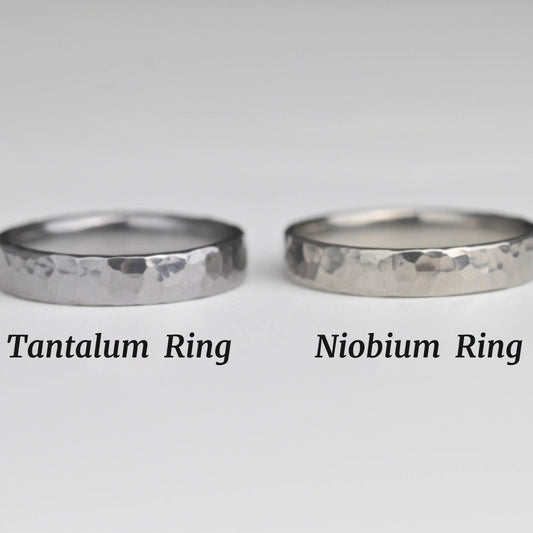Diamond Carrots A Surprising Twist on Tradition
Diamond Carrots A Surprising Twist on Tradition
When I first heard the term "diamond carrots," I have to admit, I was a bit puzzled. My mind immediately jumped to visions of sparkling orange vegetables served under a chandelier in some avant-garde gourmet restaurant. However, the reality is far more fascinating—and, I dare say, a bit more offbeat than an edible gemstone.
Diamond carrots, sometimes known as Daucus carota 'Diamond', are a breed of carrot that's catching the eye of chefs and home gardeners alike. Unlike the traditional orange varieties that most of us grew up with, these carrots are a vivid white. Now, some might say they're just bleached versions of their more robustly colored counterparts, but these pale beauties offer their own unique appeal and surprising benefits.
This type of carrot is not only visually striking on a dinner plate, adding contrast alongside deep greens and rich purples, but it also offers a mild, sweet flavor. It lacks the earthy bitterness that sometimes accompanies the orange types, making it a kid-friendly vegetable in salads or simply roasted in olive oil. Indeed, I recently served these at a small family gathering, and even my notoriously veggie-averse nephew scooped them up without protest—an unexpected victory on the culinary battlefield.
But their appeal isn't solely culinary. Diamond carrots also bring a touch of history and novelty to the table. In Europe, where they have been part of the agricultural landscape for centuries, these carrots were often the preferred choice for their subtle taste and less staining color, which kept the hands of chefs and gardeners alike a bit cleaner. In a world that's ever leaning towards the obscure and the niche, these carrots offer a glimpse into our gardening past and a taste of something refreshingly different.
As trends in gardening shift towards heirloom and exotic varieties, growing diamond carrots can also feel somewhat like embarking on a small adventure. In my humble backyard, the first time a cluster peeked through the soil, their crisp white tops just visible against the dark earth, there was a childlike excitement in rediscovering something so familiar yet new.
Add to this their nutritional benefits—rich in antioxidants and vitamins—and you start to see why these pale-rooted wonders are gaining traction. In a world where carrots are sometimes undermined by their ubiquity, the diamond variety stands out as an example of how even the classic can evolve into something remarkable.
I suppose there's a lesson somewhere in the charm of these diamond carrots. It might be that beauty and taste often lie in simplicity. Or perhaps it's just a reminder that in the garden, as in life, surprises can sprout in the most unexpected places.
So, the next time someone mentions exotic produce, I might just chuckle and think of those gleaming white carrots that found their way into my stew. Maybe they're not diamonds in the luxurious sense, but they're certainly gems in their own right.





